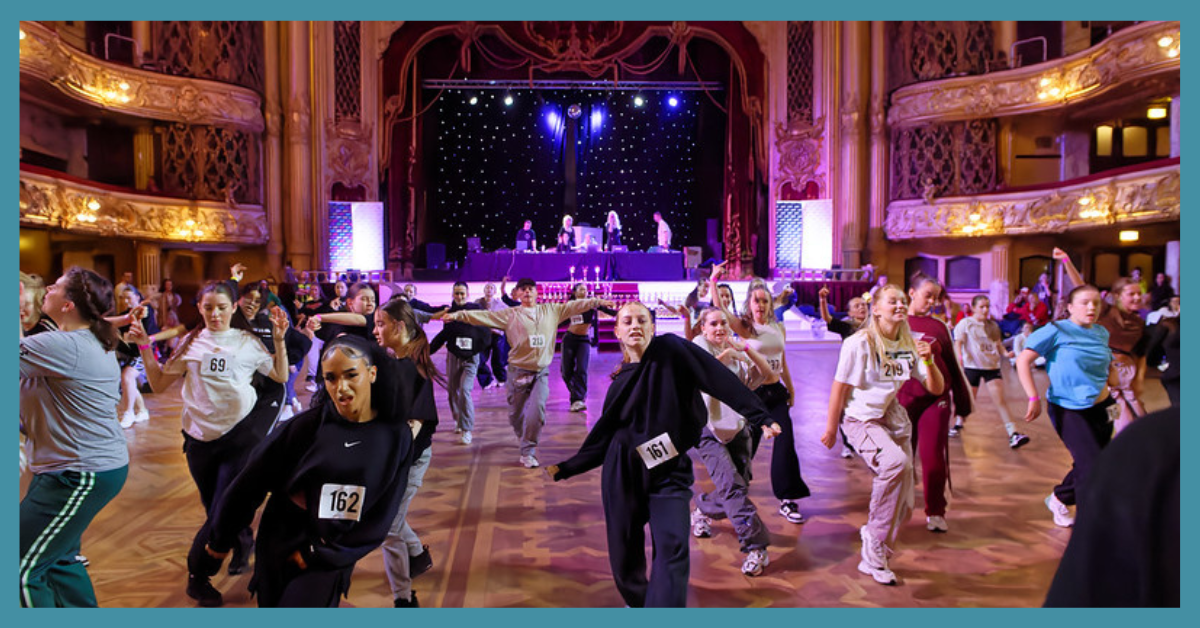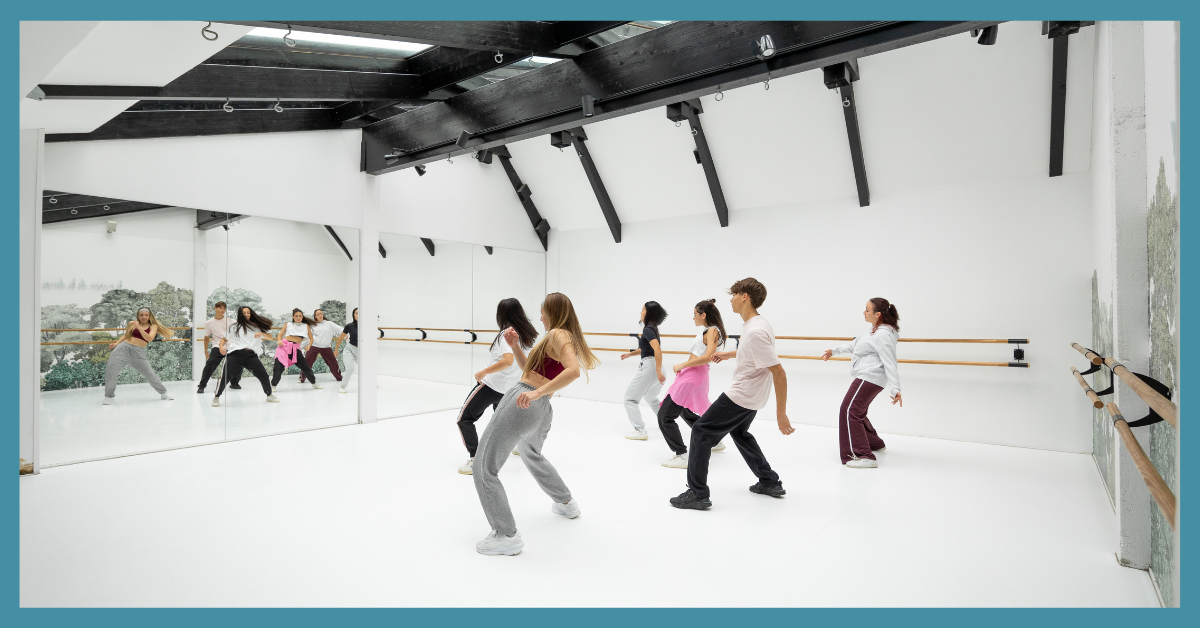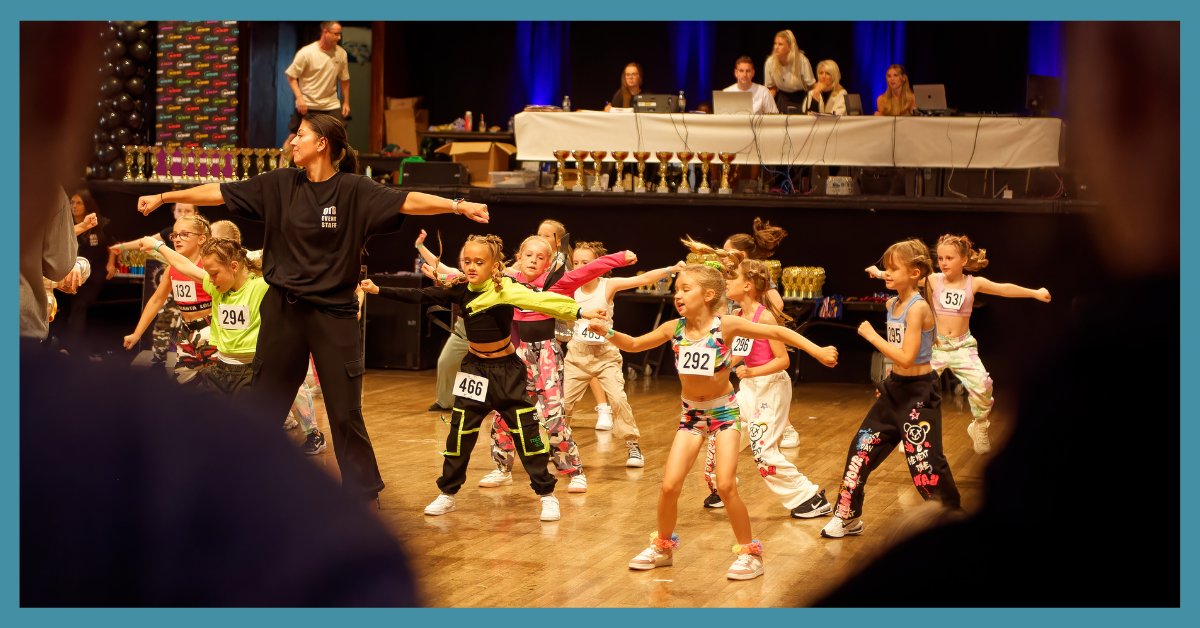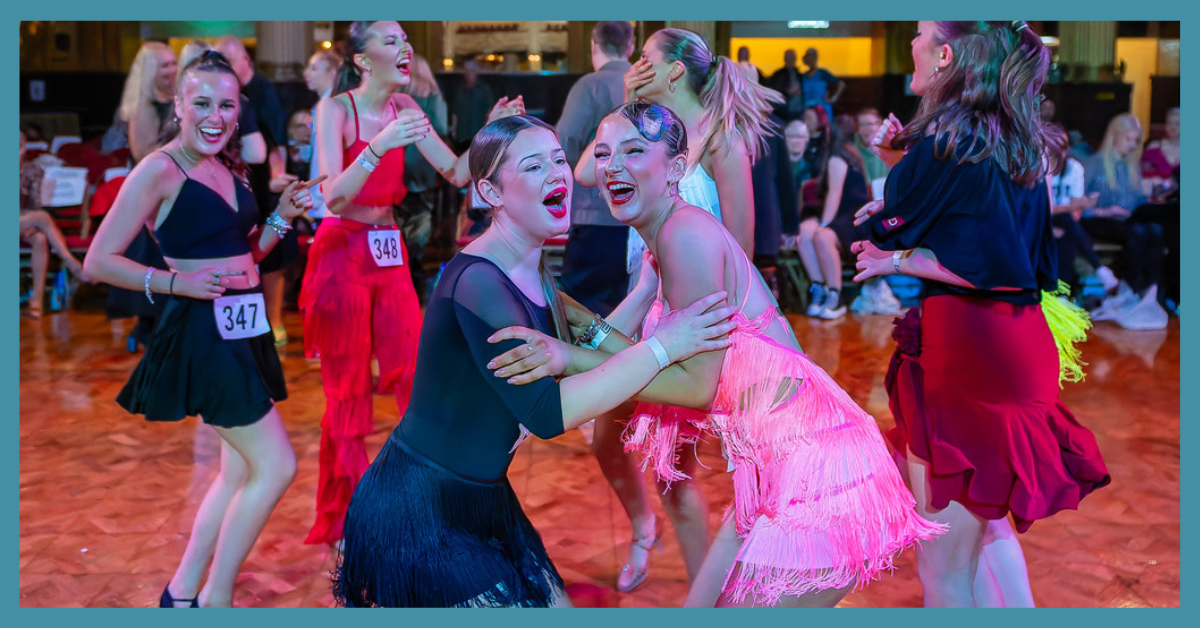Mastering Street Dance Competitions: What Every Teacher Needs to Know

Street dance competitions offer an exciting platform for dancers to showcase their skills, challenge themselves, and gain valuable experience. However, for teachers new to the competition scene, navigating the different event options, formats, and judging criteria can feel overwhelming. This guide will break down the key aspects of street dance competitions, helping teachers understand how they work, what to expect, and how to choose the right one for their dance school.
What Are Street Dance Competitions?
Not all street dance competitions are the same. Understanding the different formats can help teachers guide their students in selecting the right event for their skills and goals.
1. Battle Format (Freestyle One-on-One)
This is the original hip-hop competition format. Two dancers face each other in multiple rounds, aiming to outperform their opponent. Judges decide the winner based on musicality, technique, creativity, and stage presence.
- Music is unknown, so dancers must be versatile.
- Quick thinking is crucial – reacting to opponents and the music.
- Builds freestyle confidence and adaptability.
2. Solo Freestyle Heats
Dancers perform solo in large group categories, typically wearing a number. Judges watch and select standout dancers to advance through multiple rounds. This competition format originated from ballroom dance, where multiple dancers are judged simultaneously. It is common in Ballroom, Latin, and Freestyle dance competitions.
- Dancers perform in heats of up to 30 dancers at a time.
- Judges look for individuality, technique, and stage presence.
- Finalists are ranked from 1st place onwards.
3. Group Choreography Competitions
A team of dancers (usually 5 or more) performs a choreographed routine in front of a judging panel.
- Scores are based on criteria such as execution, synchronisation, creativity, and technical ability.
- Teachers/choreographers can plan routines according to event guidelines.
- Often a highlight of full-day competitions alongside solo and duo categories.
4. Show-Like Performance Competitions
Similar to group choreography but with a theatrical element. Dancers perform on a stage with lighting effects, costumes, and props.
- Marked on creativity, execution, and stage presence.
- More performance-based than competitive freestyle battles.
5. Underground Specialist Style Battles
These competitions focus on a specific street dance style, such as Popping, Locking, Breaking, or House.
- Dancers must stick to the style category entered.
- Highly respected in the hip-hop community.
- Winning these events brings credibility and status.
Combination Events
Some event brands might include a mixture of the above formats within the same competition. For example, dancers can enter a standard solo freestyle category, a battle, a team event, plus other categories such as duos, trios, quads, or solo set routines, which have risen in popularity over the last few years across different event brands. These events provide dancers with multiple ways to compete and develop their skills.
How Are Street Dance Competitions Judged?
Each competition may have slightly different scoring systems, but most judges look for the following:
- Musicality – How well the dancer connects with the beat and rhythm of the music.
- Technique – Execution of movements, control, and precision.
- Creativity – Unique movement choices and interpretation of the music.
- Stage Presence – Confidence, facial expressions, and audience engagement.
- Execution and Synchronisation (for groups) – How well the team moves as one.
Some competitions use a skating system (originating from figure skating), which ensures fair and objective ranking by considering placements given by multiple judges rather than averaging scores.
Choosing the Right Competition for Your Dance School
With so many competitions available, it’s important to choose one that aligns with your school’s values, goals, and student abilities.
Popular UK Street Dance Competitions
- On The Beat Dance – UK-based, family-friendly events for all levels.
- UDO Championships – Large-scale events including World and European Championships.
- SOAR Dance Championships – Offers regional qualifiers leading to major finals.
- World of Dance – High-profile international platform judged by industry professionals.
- UK Street Dance Challenge – A well-established competition hosting multiple events across the UK, offering various categories and opportunities for dancers of all ages and levels.
- 101 Events – UK Street Dance Championships – A major UK street dance competition providing dancers with a fun and competitive platform.
- Stand Out UK Street Dance Competitions – Organisers of exclusive street dance events, including the Super Convention.
- BDO (British Dance Organisation) – Hosts nationwide street dance competitions, including national and world championships.
- Street Dance International (SDI) – One of the longest-running UK street dance competitions, offering regional and national events.
- Hip Hop International (HHI) UK – The UK qualifier for the global HHI competition, where crews compete for a chance to represent the UK at the World Finals.
- ICONIC Street Dance Championships – A fast-growing street dance competition known for its high production value and competitive edge.
Jess’s Top Tip:
Not every competition is right for every school. What might be perfect for one dance school might be another’s worst nightmare. I’d highly recommend going to watch a few different competitions before entering to find what suits your dancers and your school’s culture. Do you want something elite and super cool, or something more inclusive and family-friendly? Choosing the right event will make a big difference in your students’ experience. Do your research—attend a few competitions, chat with the organisers, check out their social media pages, and get a feel for whether it aligns with your studio.
How to Prepare as a Teacher for a Dance Competition
- Read the rules and judging criteria carefully.
- Check the categories available to ensure they suit your dancers.
- Watch past events online, on social media, or attend in person.
- Ensure students understand the schedule and times.
- Plan travel and accommodation if needed.
- Encourage a positive attitude to take pressure off students.
- Be prepared to deal with unexpected situations (e.g., music issues, last-minute nerves).
Final Thoughts
Street dance competitions can be an incredible opportunity for students to grow as dancers and performers. By understanding the different competition formats, judging criteria, and how to choose the right event, teachers can make informed decisions that best suit their school and dancers. Whether aiming for an elite competition or a more inclusive, community-focused event, finding the right fit will help ensure a positive and rewarding experience for all involved.
Next Step:
Stay tuned for our guide on Preparing Students for Street Dance Competitions, where we’ll cover training plans, performance tips, and strategies to help dancers succeed on stage.






Responses